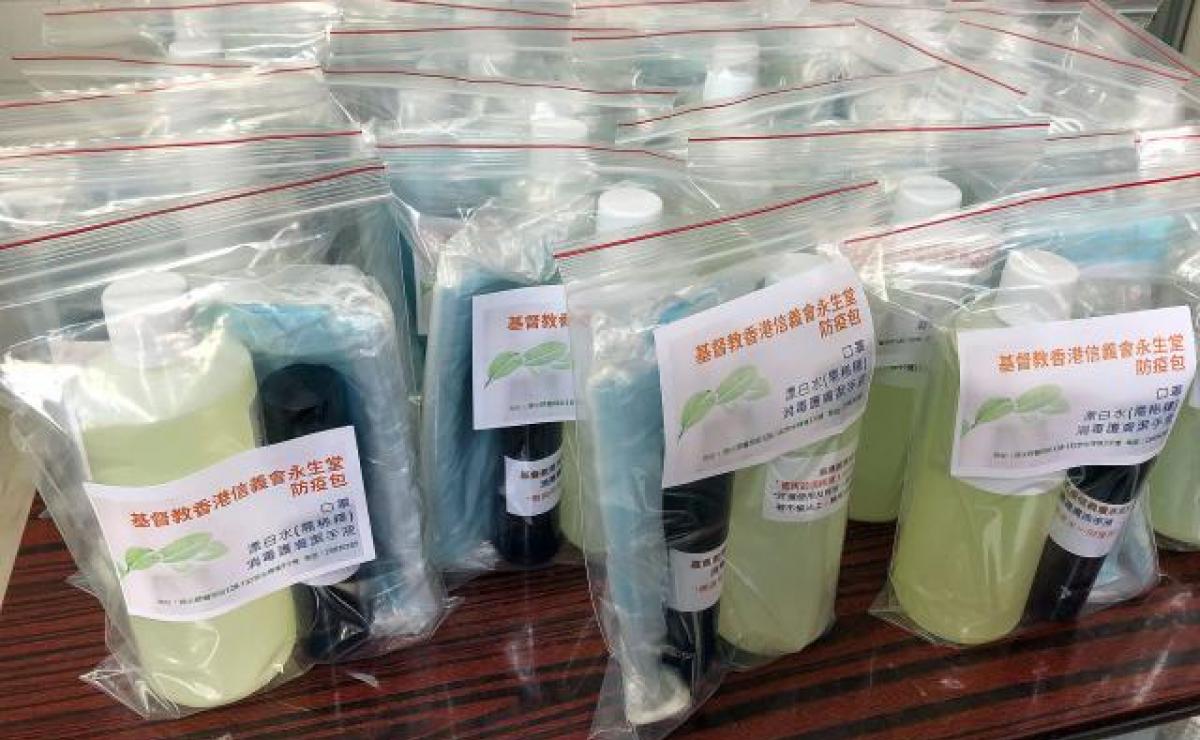COVID-19: Health and faith partnership to promote factual information and reduce fear

LWF welcomes a WHO guide on religious leaders’ critical role in slowing the pandemic
(LWI) – The Lutheran World Federation (LWF) welcomes a recent guide by the World Health Organization (WHO) outlining the critical role of religious leader in disseminating accurate information, reducing fear and stigma and ensuring safe worship spaces and practices in the wake of COVID-19.
The LWF was among many faith-based organizations, religious leaders, think tanks, and grass-root practitioners who contributed to the Practical considerations and recommendations for religious leaders and faith-based communities in the context of COVID-19.
It lists practical steps for religious communities and leaders to encourage people to comply with local authorities’ guidelines on movement and gathering restrictions. It also affirms practices already adopted by many LWF churches such as sharing spoken words for the “the peace” greeting instead of handshakes or other forms of physical contact.
Since the outbreak of the deadly coronavirus, many churches around the Lutheran communion have turned to online services and other forms of worship that do not require physical gathering. LWF leaders have stressed that “The world does not need stigmatization and violence, it needs cooperation and solidarity.”
The WHO guide recommends the use of technology to maintain connection and support people who need pastoral care, small-group interactive prayers and other forms of accompaniment.
It cites the potential increase of domestic violence “in settings where movement restrictions are in place, particularly against women, children, and other marginalized people.” The guide encourages faith leaders to “actively speak out against violence” and “provide support or encourage victims to seek help.”
LWF’s humanitarian and long-term development work is carried out in many places with inadequate infrastructure and health facilities, posing higher risks for the spread of coronavirus. The current mitigation efforts in LWF country programs include awareness raising about COVD-19, and setting up facilities to encourage constant hand washing, distributing face masks and other hygienic measures.
The WHO guidance highlights the “important role” of faith-based organizations and leaders in creating supportive environments and advocating for the rights of “vulnerable populations including minorities, migrants, refugees, internally displaced persons” and other groups.
Rev. Dr Sivin Kit, LWF program executive for Public Theology and Interreligious Relations, who was involved in the discussions and development of the WHO guide, emphasized the need to “remain vigilant together with fellow citizens during this unprecedented time where an awareness of global solidarity across national, ethnic, and religious boundaries is heightened.” The call to “‘love our neighbor’ demands that we do not surrender to unfounded fears, but rather practice self-discipline, think clearly with a sound mind, and draw spiritual strength from our faith traditions to overcome COVID-19 together,” he added.

